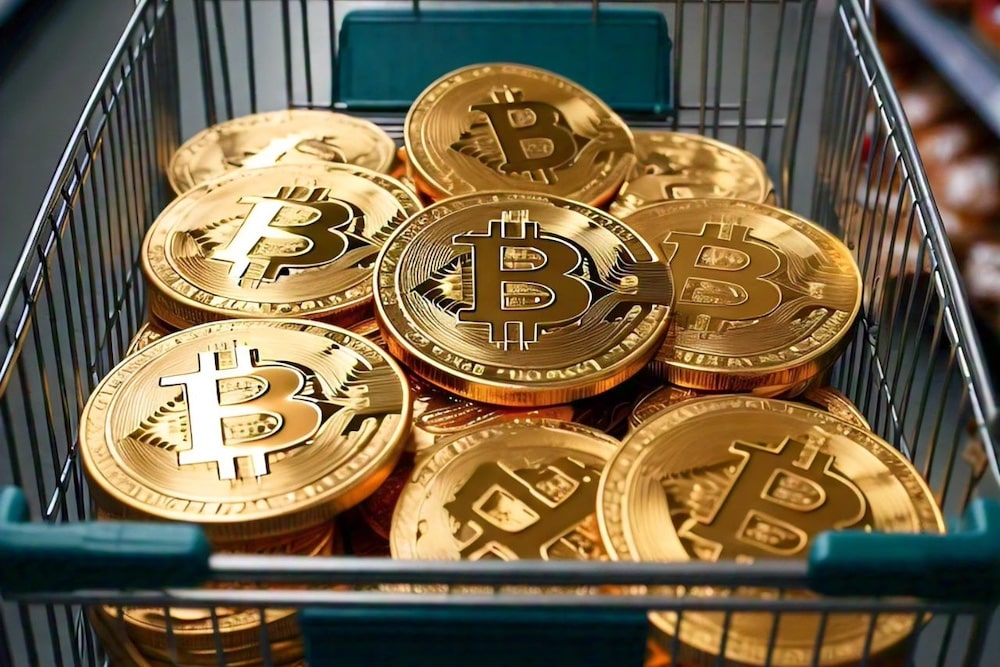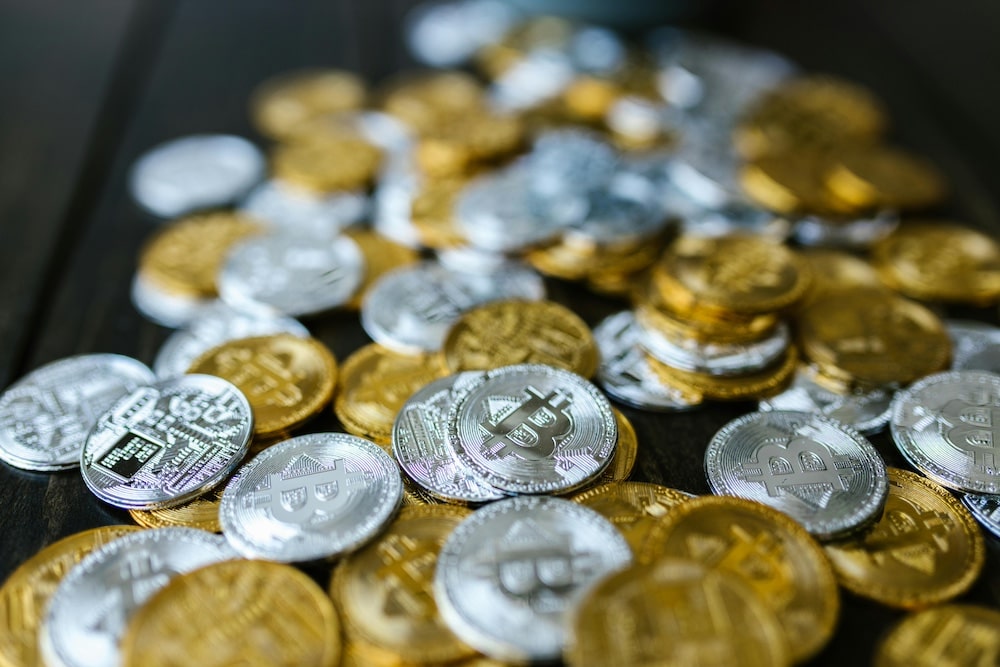Qatar launches QFC Digital Assets Framework to support fintech innovation and economic growth while ensuring investor protection and market integrity.
The Qatar Financial Centre Authority (QFCA) and Qatar Financial Centre Regulatory Authority (QFCRA) have announced the launch of a set of rules known as the QFC Digital Assets Framework. This move aims to support the Middle East country’s digital transformation goals and establish the nation as a hub for fintech innovation.
QFCA Reveals Framework Scope
Notably, the legality and regulation of crypto and other digital assets vary by country and jurisdiction. In Qatar, the regulatory body QFCA clarified the scope of the new framework.
The QFC Digital Assets Framework provides clear guidance on various crypto-related activities. These include the issuance of digital assets, their trading and exchange, storage solutions, and the execution of smart contracts.
Additionally, the framework addresses critical regulatory concerns, such as anti-money laundering (AML) and counter-financing of terrorism (CFT). The regulatory body claimed that the rules align with the QFC’s dedication to responsible innovation, protecting investors, and maintaining market integrity with strict risk controls.
The QFC Digital Assets Framework was developed through a collaborative effort between QFC and various industry stakeholders, including digital asset exchanges, custodians, and other market participants. Its lab, launched in 2023, has supported over 20 start-ups and fintech firms.
New Framework Fosters Institutional Crypto Adoption
Qatar has been investigating the potential of digital assets in recent years, acknowledging their capacity to drive transformative change and unlock opportunities for economic expansion. The QFC’s newly introduced framework complements the nation’s ongoing initiatives to create a supportive ecosystem for new tech innovations.
Institutions can leverage the framework to explore new investment avenues, diversify their portfolios, and adapt to changing market conditions. The QFCRA’s recent move presents opportunities for institutions to partner with fintech firms and start-ups, driving collaboration and innovation. However, they must also comply with the new regulations in place.
By supporting digital asset development, institutions contribute to Qatar’s economic and digital goals, positioning themselves at the forefront of the country’s financial and technological growth.









